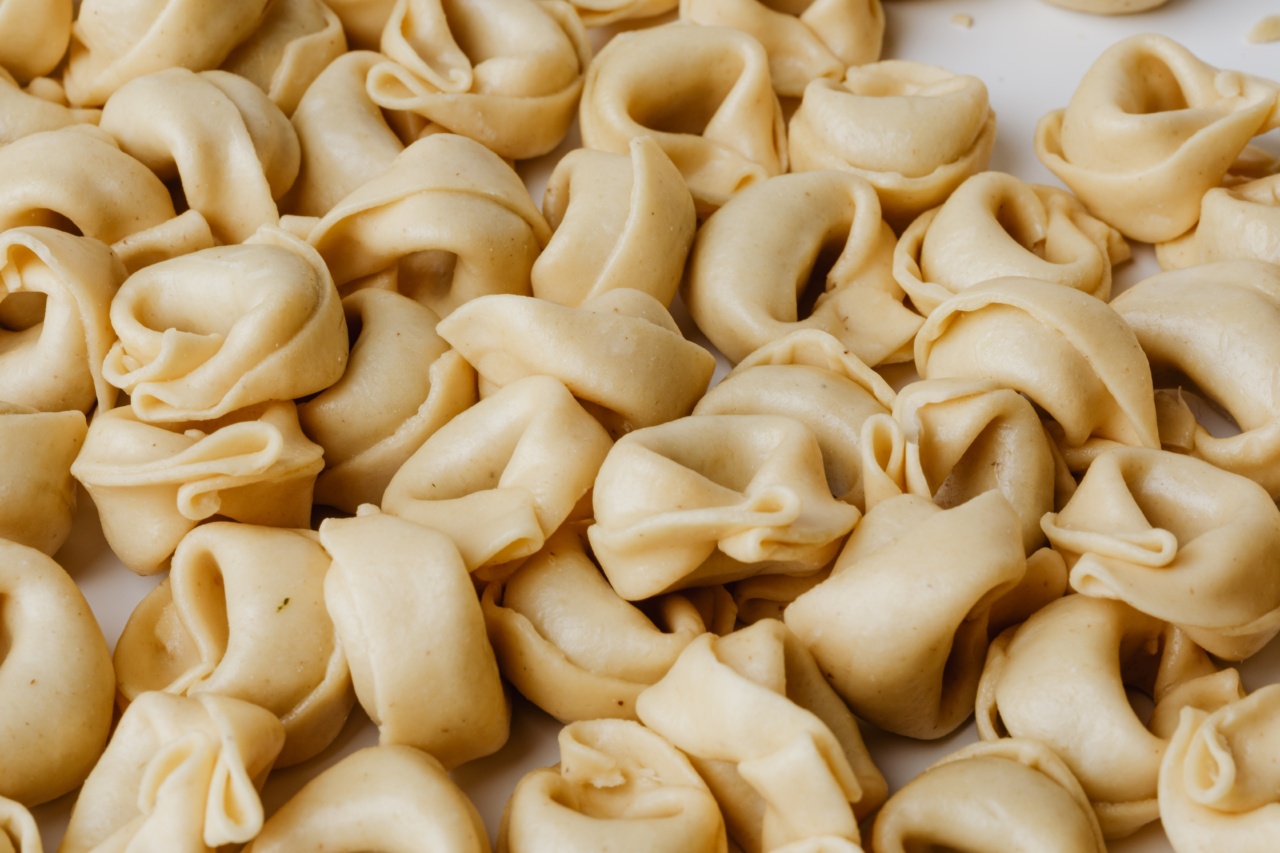While consuming a raw food diet may have some health benefits, it is important to be cautious about the uncooked foods you consume.
While there are many unprocessed foods that are safe to eat raw, some can actually be harmful to your health if not prepared or handled properly. In this article, we will explore some uncooked foods that could pose potential risks and how to minimize these risks.
1. Raw Eggs
Raw eggs have long been associated with the risk of salmonella infection. Salmonella is a type of bacteria that can cause food poisoning, leading to symptoms like diarrhea, abdominal cramps, and fever.
Consuming raw eggs or dishes containing raw eggs, such as homemade Caesar salad dressing or raw cookie dough, can increase your risk of salmonella infection. It is advisable to cook eggs thoroughly to destroy any potential bacteria, making them safe to consume.
2. Raw Meat and Poultry
Raw or undercooked meat and poultry can harbor harmful bacteria like E. coli, salmonella, and listeria. These bacteria can lead to foodborne illnesses, causing symptoms like nausea, vomiting, diarrhea, and in severe cases, even kidney failure.
It is crucial to cook meat and poultry at the appropriate temperature to ensure all bacteria are killed off, reducing the risk of illness.
3. Unpasteurized Dairy Products
Raw milk and cheeses made from unpasteurized milk can contain harmful bacteria such as Listeria, E. coli, and Salmonella.
These bacteria can cause food poisoning and potentially lead to serious health complications, especially in vulnerable individuals like pregnant women, young children, and the elderly. It is important to choose pasteurized and properly handled dairy products to reduce the risk of bacterial contamination.
4. Bean Sprouts
Bean sprouts, especially those grown in warm and humid conditions, can be a breeding ground for bacteria like Salmonella, E. coli, and Listeria. These bacteria can cause serious illnesses if consumed raw or undercooked.
It is advisable to cook bean sprouts thoroughly to eliminate any potential pathogens.
5. Shellfish
Raw shellfish, such as oysters and clams, can be contaminated with harmful bacteria or viruses, including Vibrio, Norovirus, and Hepatitis A.
These pathogens can cause foodborne illnesses that lead to symptoms like vomiting, diarrhea, abdominal pain, and in severe cases, liver damage. Cooking shellfish thoroughly is essential to kill off any potential pathogens and reduce the risk of illness.
6. Raw Fish
While sushi and sashimi are popular delicacies, consuming raw fish poses certain risks. Raw fish can be contaminated with parasites like tapeworms or bacteria such as Vibrio and Salmonella.
These pathogens can cause digestive issues, including abdominal pain, nausea, and diarrhea. If you enjoy raw fish dishes, ensure that they are made using high-quality, sushi-grade fish, handled by trained professionals, and prepared under strict hygiene standards.
7. Sprouted Seeds and Nuts
Sprouted seeds and nuts have gained popularity for their perceived health benefits. However, if not sprouted and stored properly, they can become a breeding ground for harmful bacteria such as Salmonella and E. coli.
It is crucial to purchase sprouted seeds and nuts from a reliable source and ensure they are stored and handled in a hygienic manner to minimize the risk of bacterial contamination.
8. Unwashed Fruits and Vegetables
Consuming unwashed fruits and vegetables can expose you to various bacteria, pesticides, and other contaminants.
Remember that produce can come into contact with soil, fertilizers, animal waste, and chemicals during cultivation, transportation, and handling. Washing fruits and vegetables thoroughly under running water can help remove potential contaminants and reduce the risk of foodborne illnesses.
9. Raw Honey
While honey is known for its many benefits, raw honey can contain spores of Clostridium botulinum, a bacterium that can cause botulism. While the risk is extremely low, infants under one year old are particularly vulnerable to botulism.
It is advisable to avoid giving raw honey to infants and ensure that honey is from a reputable source and properly processed to eliminate any potential risks.
10. Raw Sprouts
Like bean sprouts, other types of sprouts like alfalfa, clover, and radish sprouts can harbor bacteria such as Salmonella, E. coli, and Listeria. These bacteria can cause severe food poisoning if consumed raw or undercooked.
Cooking sprouts thoroughly or using them in cooked dishes can help eliminate any potential pathogens and reduce the risk of illness.






























